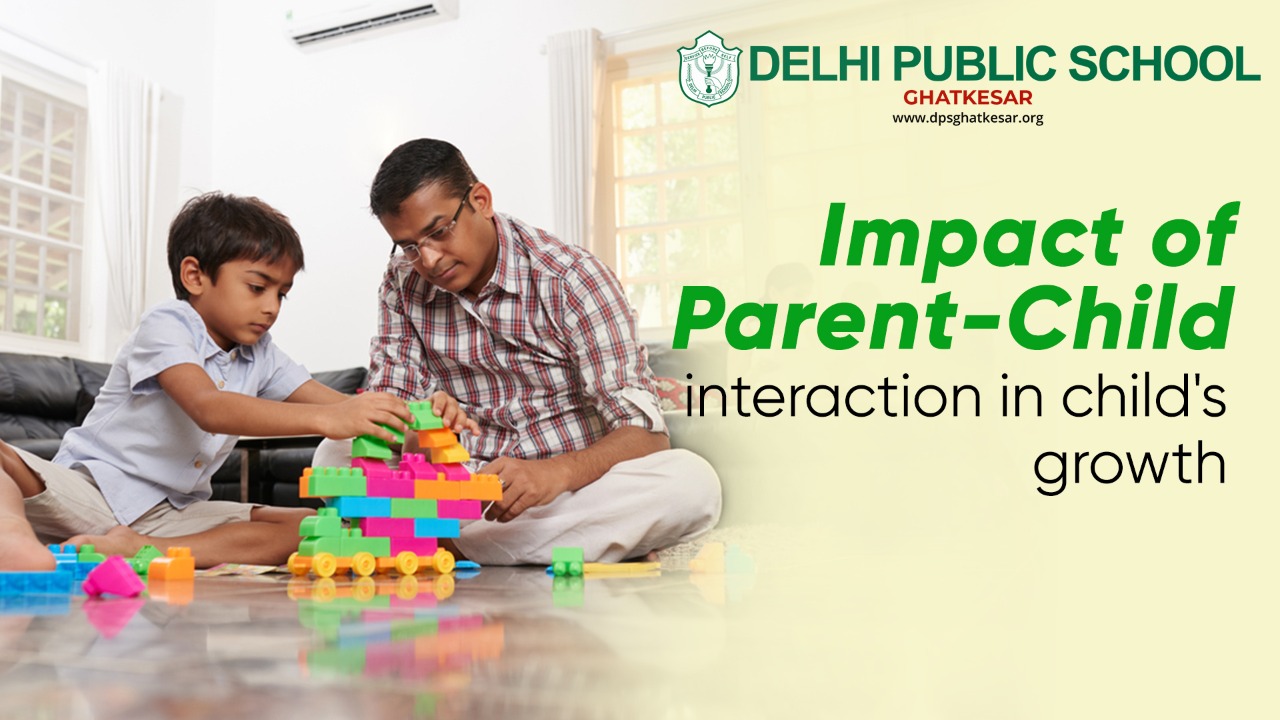The development of children's cognitive and social skills needed for later school success can best be facilitated by a parenting style known as sensitive parenting. Responsiveness is an aspect of positive parenting that is defined through different theories and research contexts (e.g. attachment, socio-cultural) as playing an important role in providing children with a good foundation for successful growth. The affective-emotional elements of a sensitive style are parenting that offers positive affection and high levels of comfort, and is receptive in ways that are contingently related to the signals of a young child ("contingent responsiveness").These factors , combined with activities that relate cognitively to the needs of the child, including providing rich verbal feedback and retaining and increasing the interests of the child, provide the continuum of support required for various factors of the learning of the child.
Acceptance of the child's interests with prompt and dependent responses to what the child communicates facilitates learning, in part, by encouraging the creation of the child's strategies for dealing with discomfort and excitement in its environment. With repeated positive interactions, the child and the parent build a confidence and connection that, in effect, helps the child to internalize this confidence and then generalize their learning into new experiences. This critical help fosters the child's continued involvement with his or her parent in learning activities.
Sensitive parenting is one of the most often discussed elements of parenting as we seek to explain the role that the world plays in growing children. Evidence suggests that it has the ability to facilitate appropriate developmental trajectories for children at high risk, such as those from low-income families and/or those with very premature births. Unresponsive parenting, by contrast, can jeopardize the development of children, particularly those at higher risk for developmental problems.


